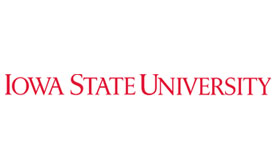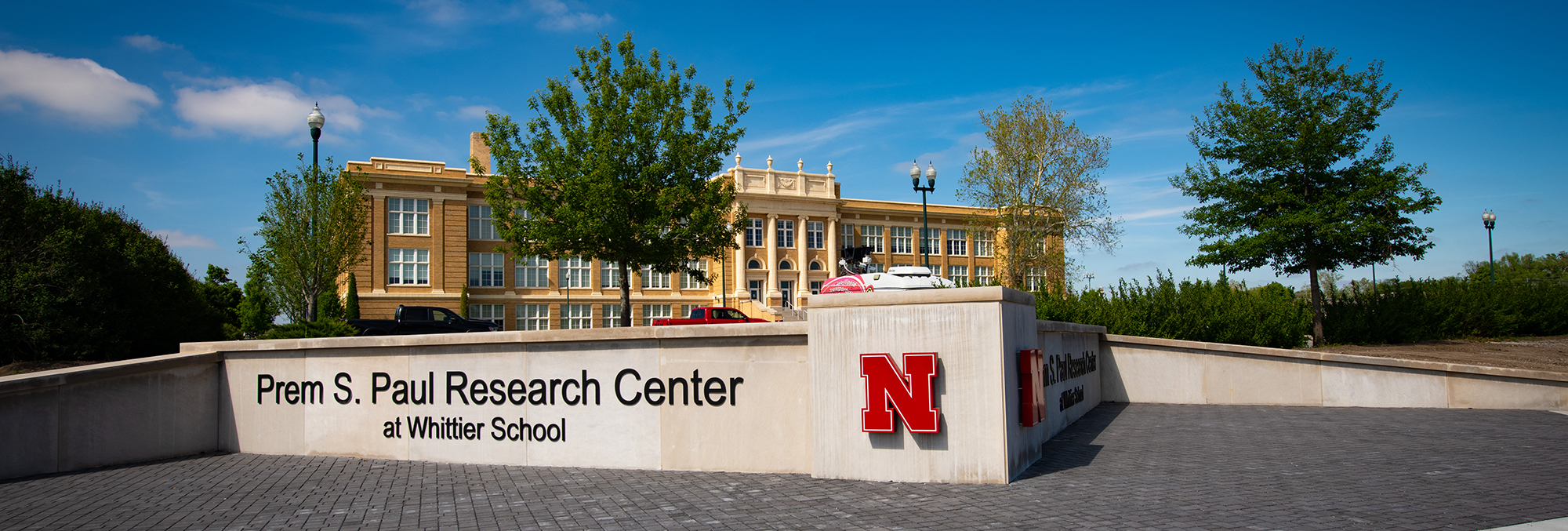About
The Central Plains RDC is the 21st center to join the national FSRDC network and the 1st to serve researchers in the central states with a convenient and affordable location to conduct research using federal restricted-use microdata in a secure environment. Our center is located at the University of Nebraska-Lincoln, the lead university in the CPRDC’s multi-university consortium. In addition to Nebraska, The CPRDC consortium currently includes Iowa State University and the University of Nebraska at Omaha.
Mission
The CPRDC’s mission is to serve the region with restricted-access data sets collected by the US Census Bureau and other federal agencies in a secure computing facility bolster research that expands basic knowledge and provides benefits to the federal statistical system with a secure computing lab where qualified researchers with approved projects can conduct research using restricted-access versions of important datasets maintained by the US Census Bureau and other federal agencies.
Focus Research Areas
The Center has four primary areas of expertise: Great Plains data, survey research methodology, statistical modeling, and research on health and social disparities. Further, the CPRDC seeks to facilitate broader access to a range of existing ecological/climatological data sets, including those pertaining to water and food security, and sustainability in urban and rural settings.
Public Policy Benefits
Discoveries facilitated by the CPRDC will provide important bases for public policy development. Researchers using the CPRDC will be able to integrate restricted datasets with publicly available data on population, agriculture, and/or climate trends to analyze long-term changes in the region and catalyze public policy initiatives to mitigate these dynamics. Access to resources and services (including but not limited to health disparities) are key topics of interest to researchers in the region, and advances in our understanding of these dynamics also stand to benefit the public greatly.
Federal Statistical System Benefits
Expertise among researchers using the CPRDC will spur the development of new methodological solutions to improve the outputs of the Federal Statistical System and the nation’s information infrastructure. Specifically, researchers using the CPRDC are well-suited to provide benefits to the U.S. Census Bureau by developing novel statistical methods to address complex issues of unit and item nonresponse, quantify and adjust for measurement error, and integrate administrative and survey data. The CPRDC will also enable novel research into interviewer- and self-administered data collection methods to reduce response errors.
Academic and Institutional Benefits
Finally, as a regionally unique resource, the CPRDC represents a strong enhancement of academic infrastructure and will amplify the recruitment and retention of excellent graduate students among consortium institutions. It will strongly enhance training in STEM fields for the combined 25,000 graduate students of consortium member institutions. To achieve this goal, the CPRDC will provide critical training opportunities via quantitative methods seminars and seed grants to faculty and student investigators, with particular emphasis on recruiting members of disadvantaged populations common in the central states, such as Native American, regugee, Hispanic, immigrant and other communities.
CPRDC Consortium
The CPRDC Consortium currently includes the University of Lincon-Nebraska, Iowa State University and the University of Nebraska at Omaha. The consortium offers researchers at partner institutions attractive rates and facilities. Institutions interested in joining the consortium should contact the executive director, John Anderson.



FSRDC Network
The numerous FSRDCs around the country form a network coordinated by the Center for Economic Studies (CES) at the Census Bureau in Suitland, Maryland. The same Census, NCHS, and AHRQ datasets can be accessed from any FSRDC in the network.
FSRDC websites provide a wealth of information about available datasets, proposal requirements, and current FSRDC research projects. To explore the various websites, visit the Census list of FSRDC.
Contact
Office:
UNL
310 Whittier Research Center
Lincoln, NE 68588


